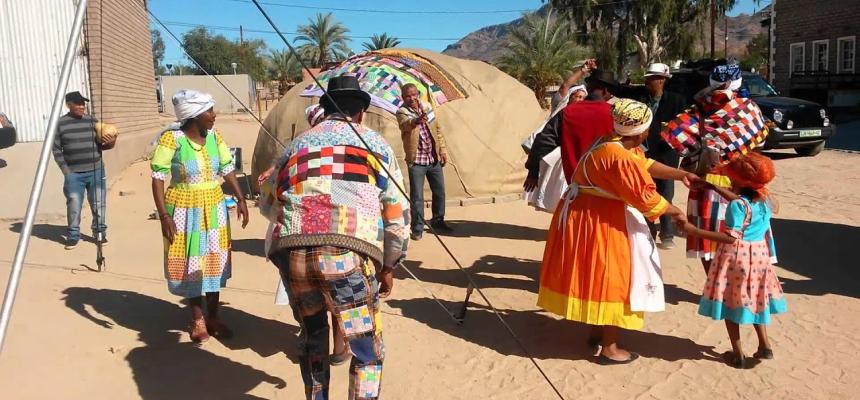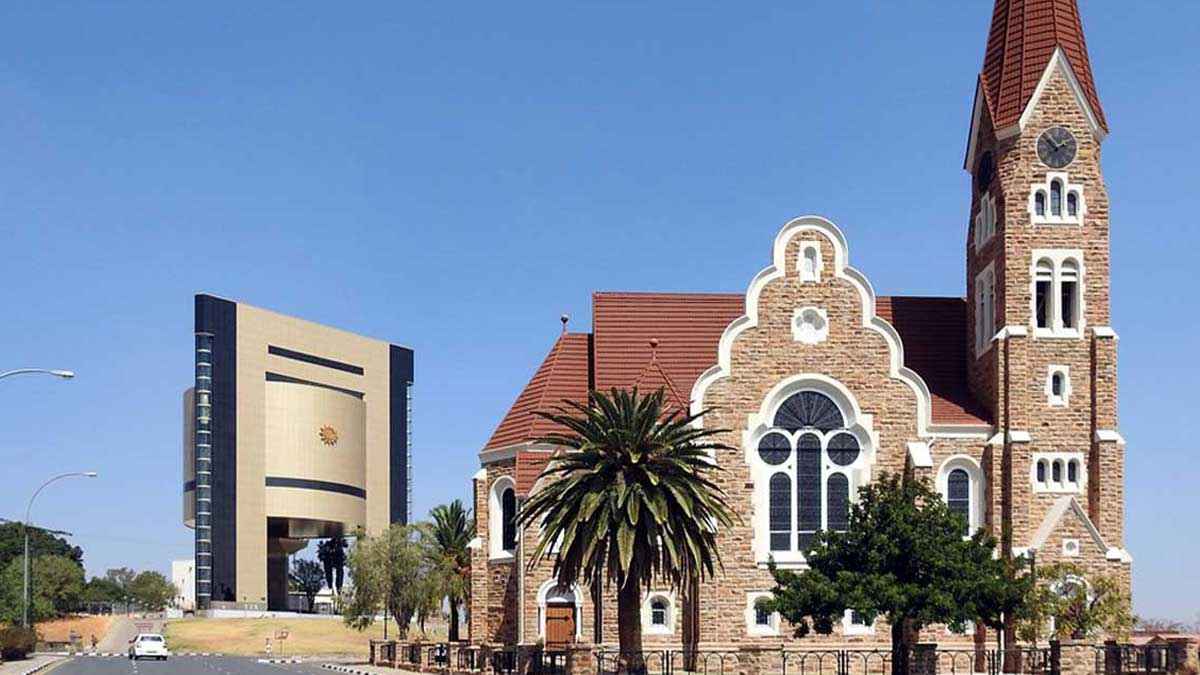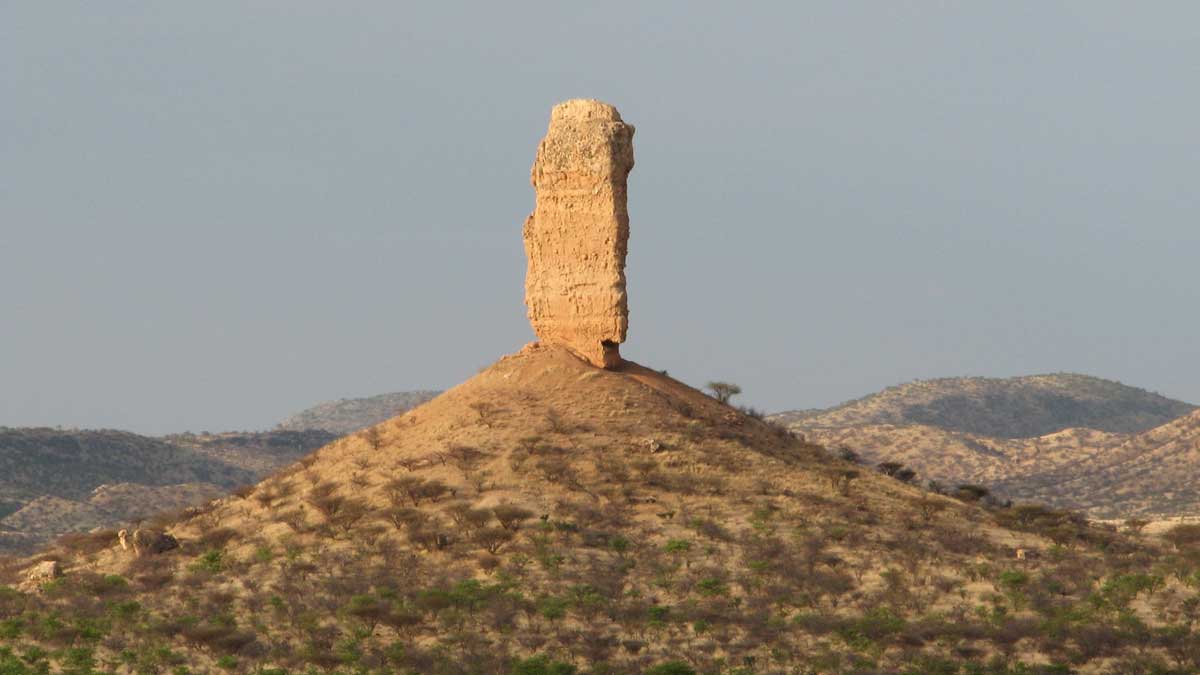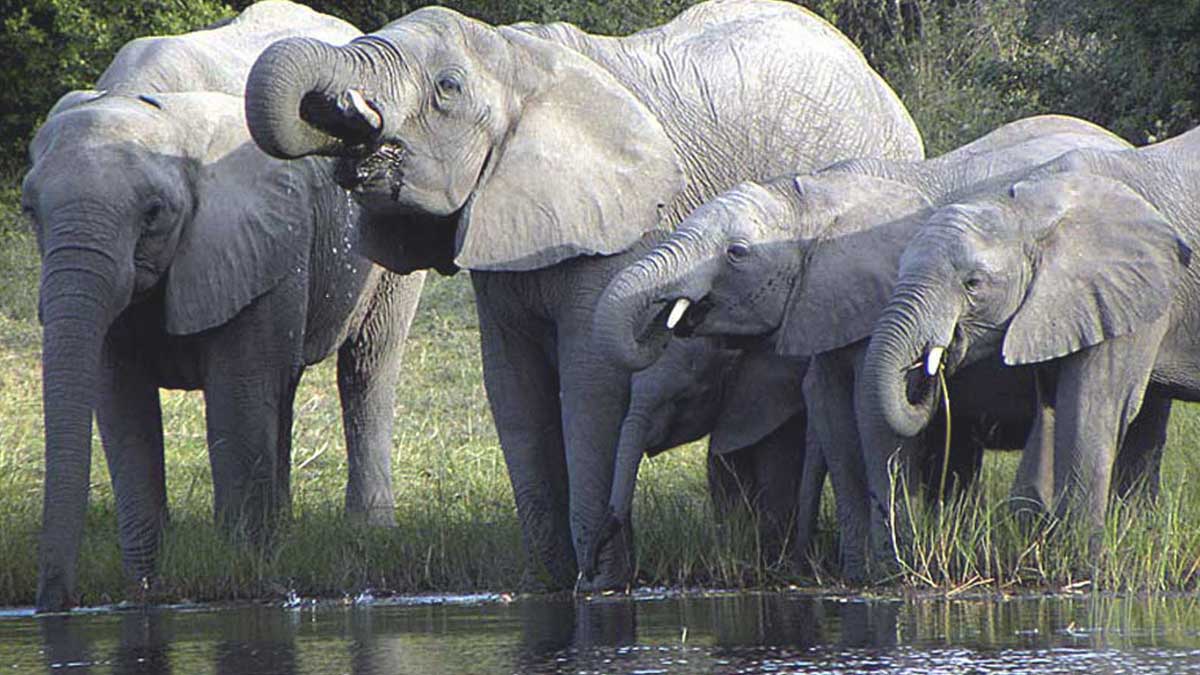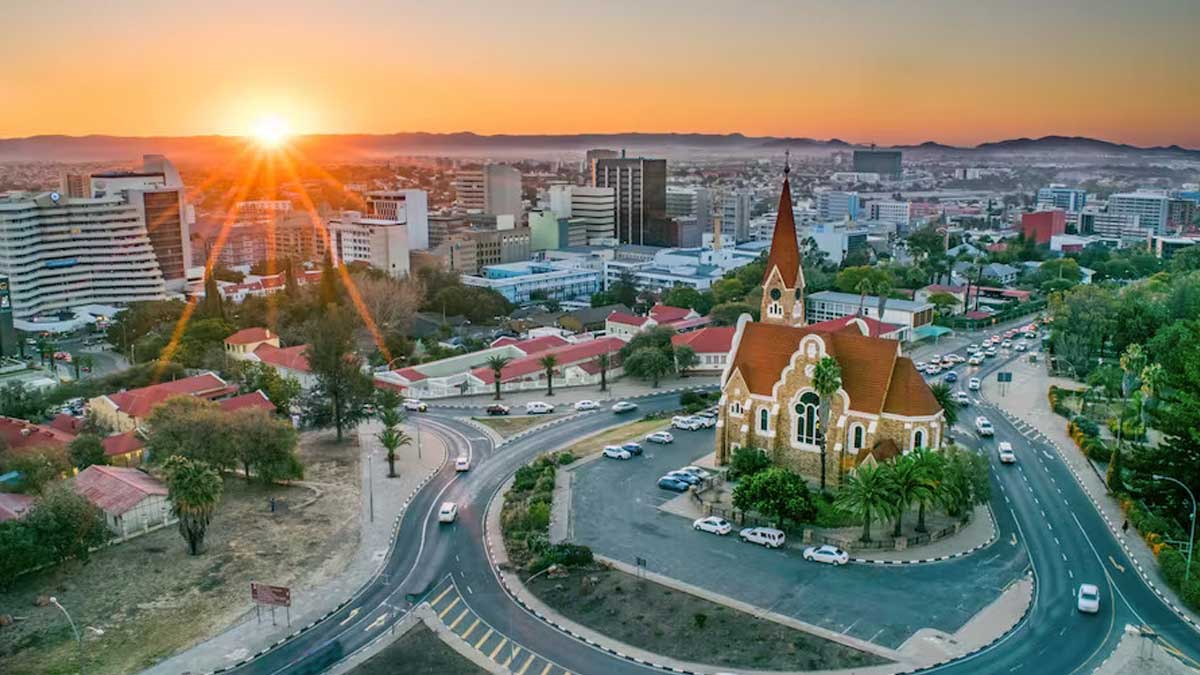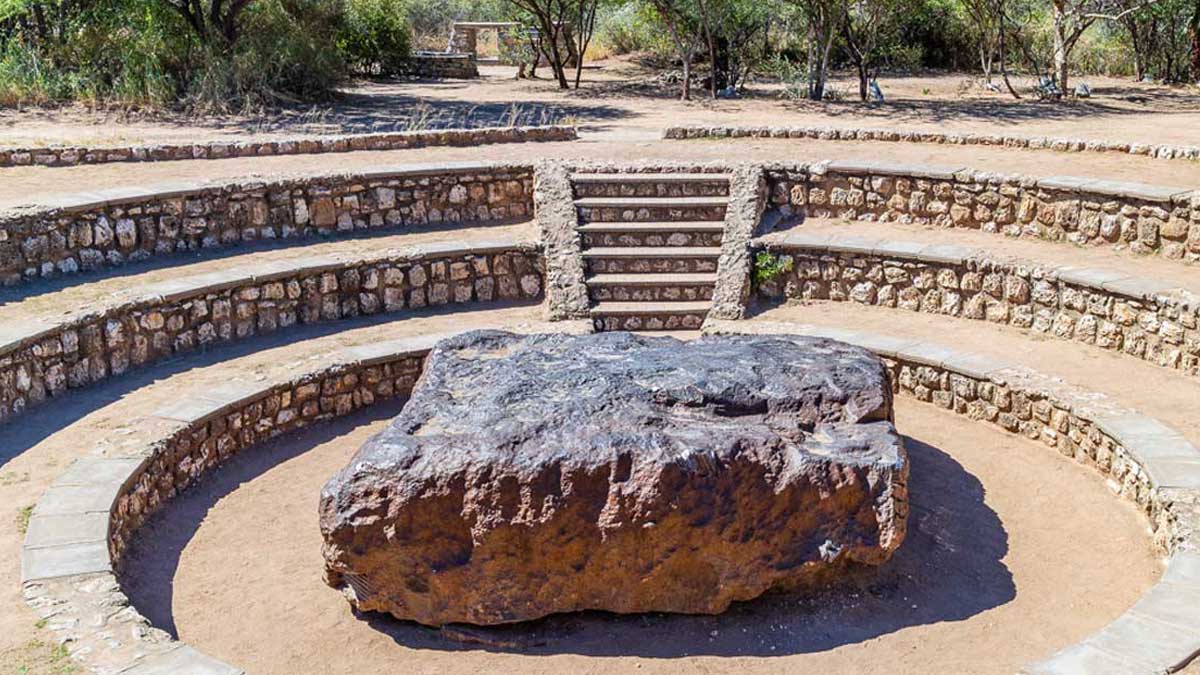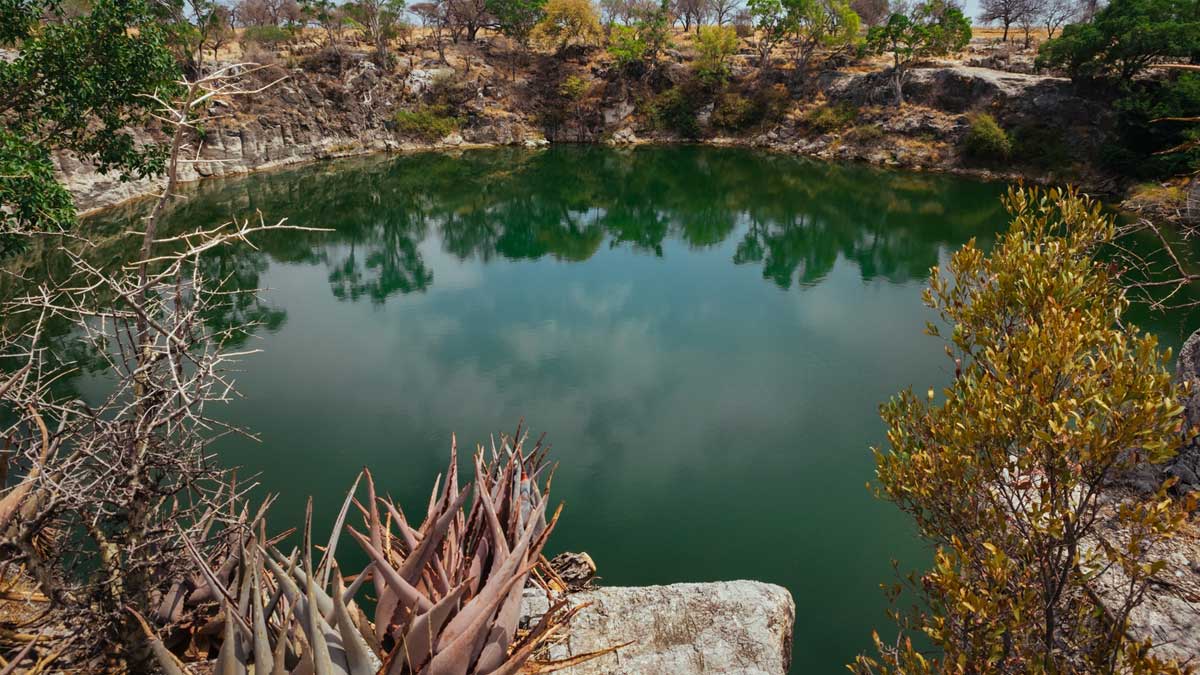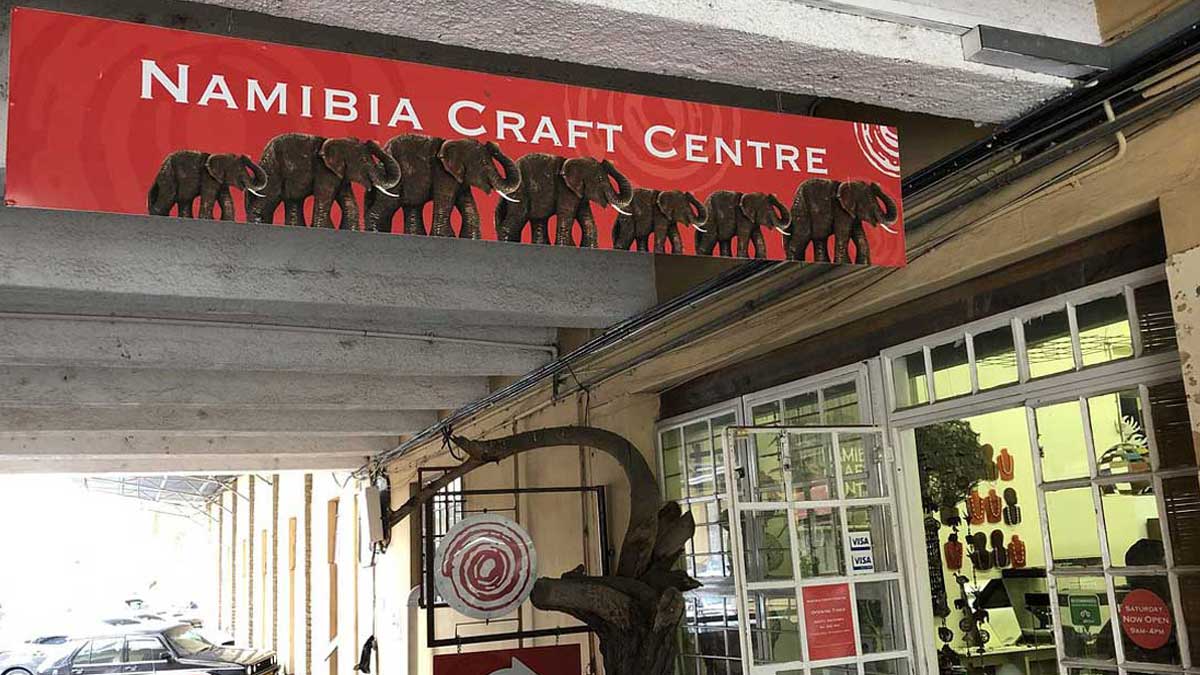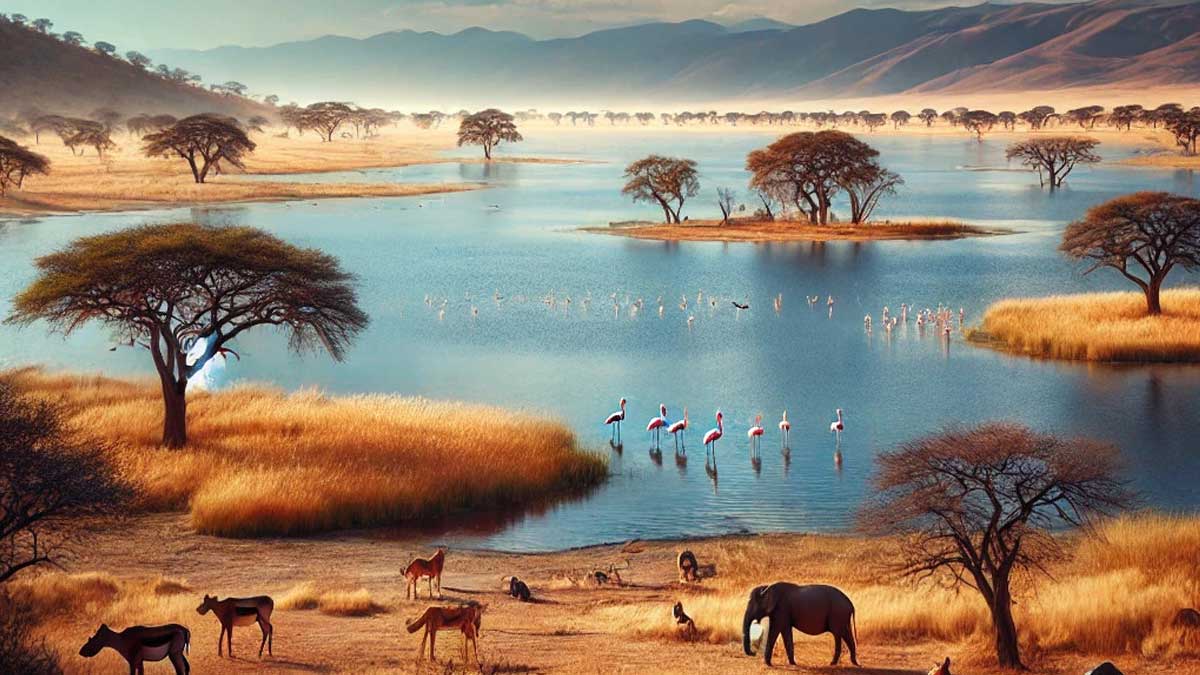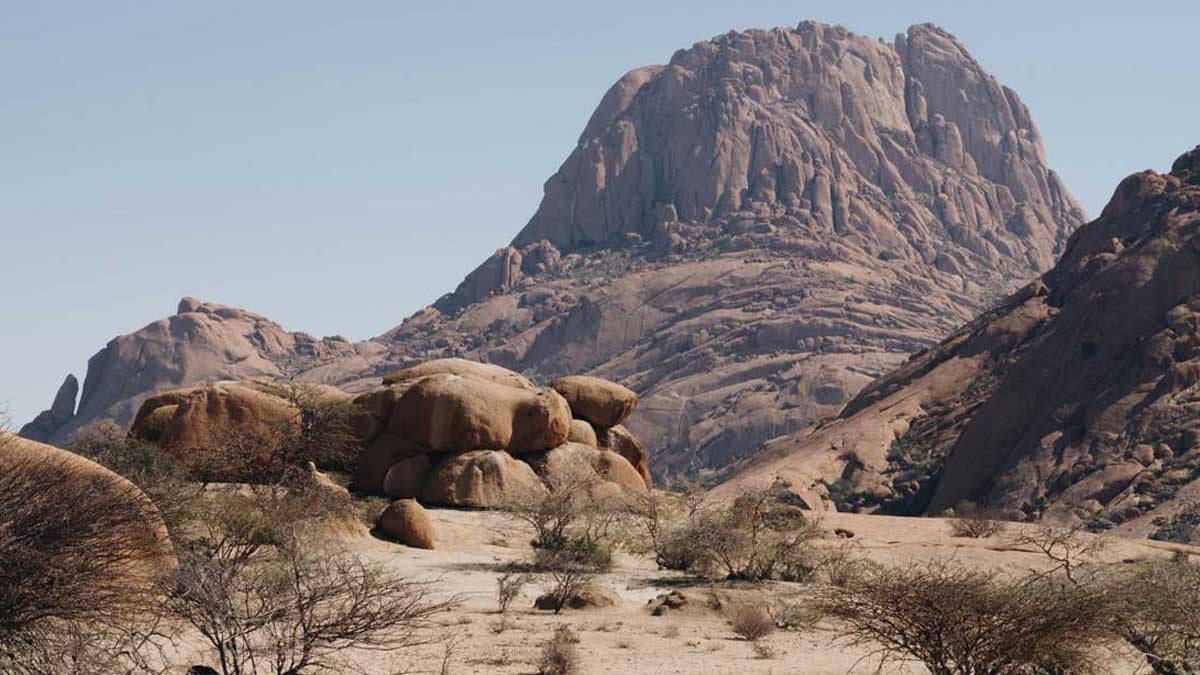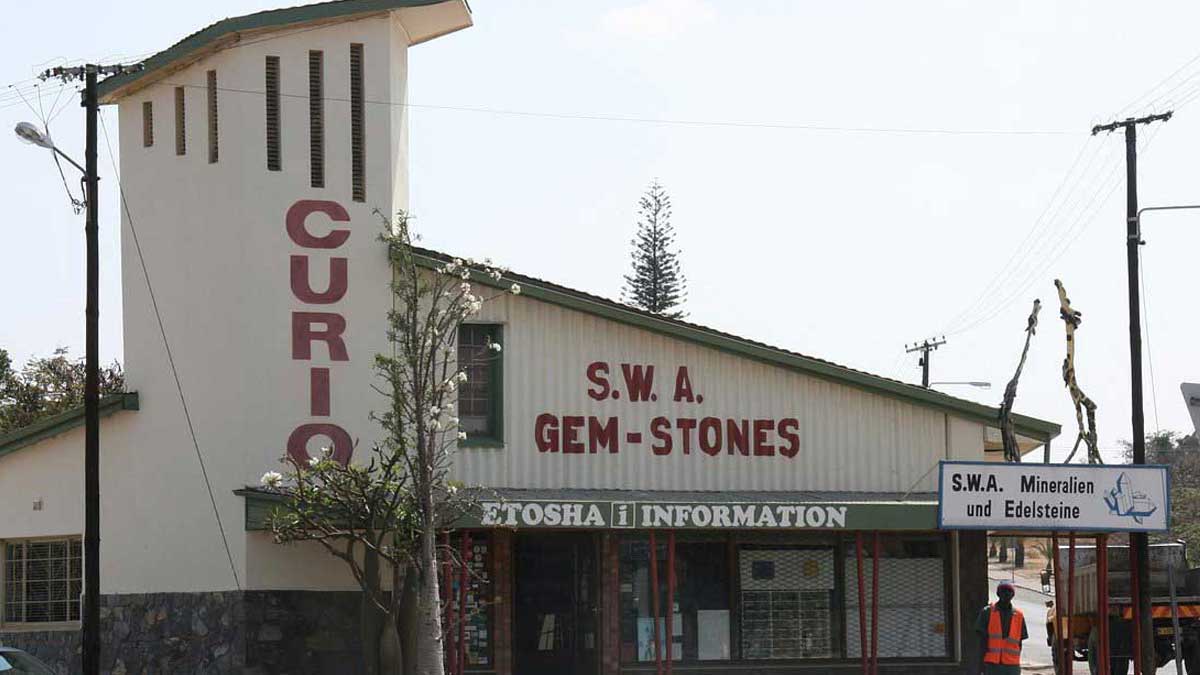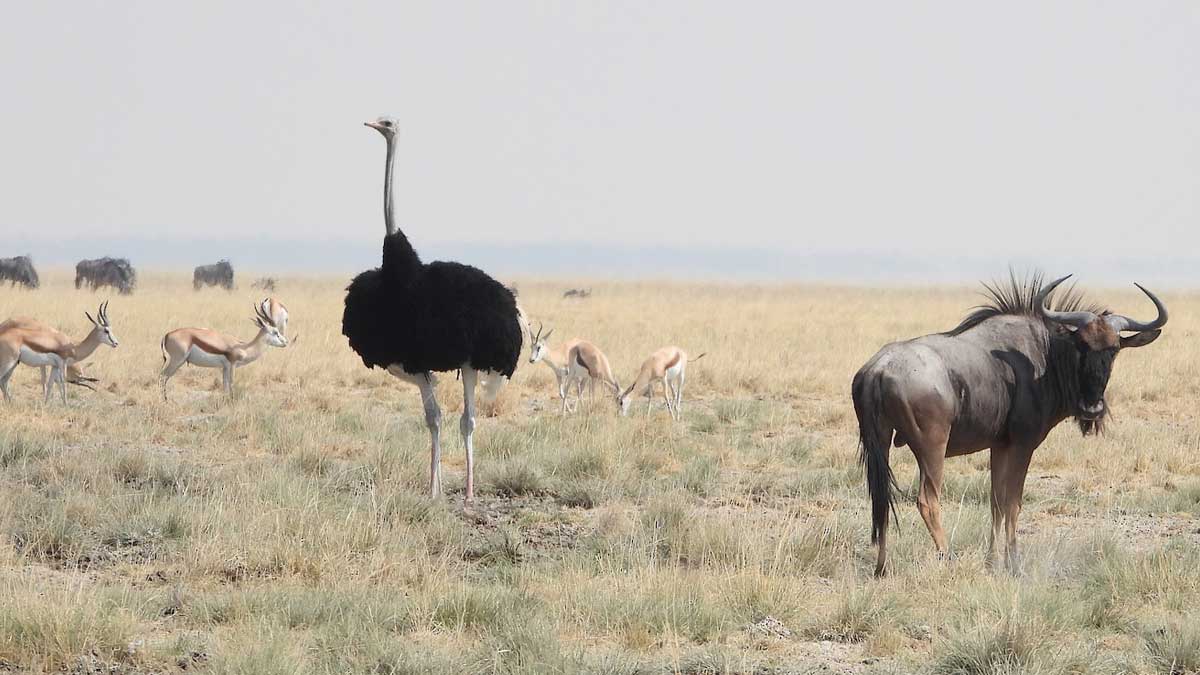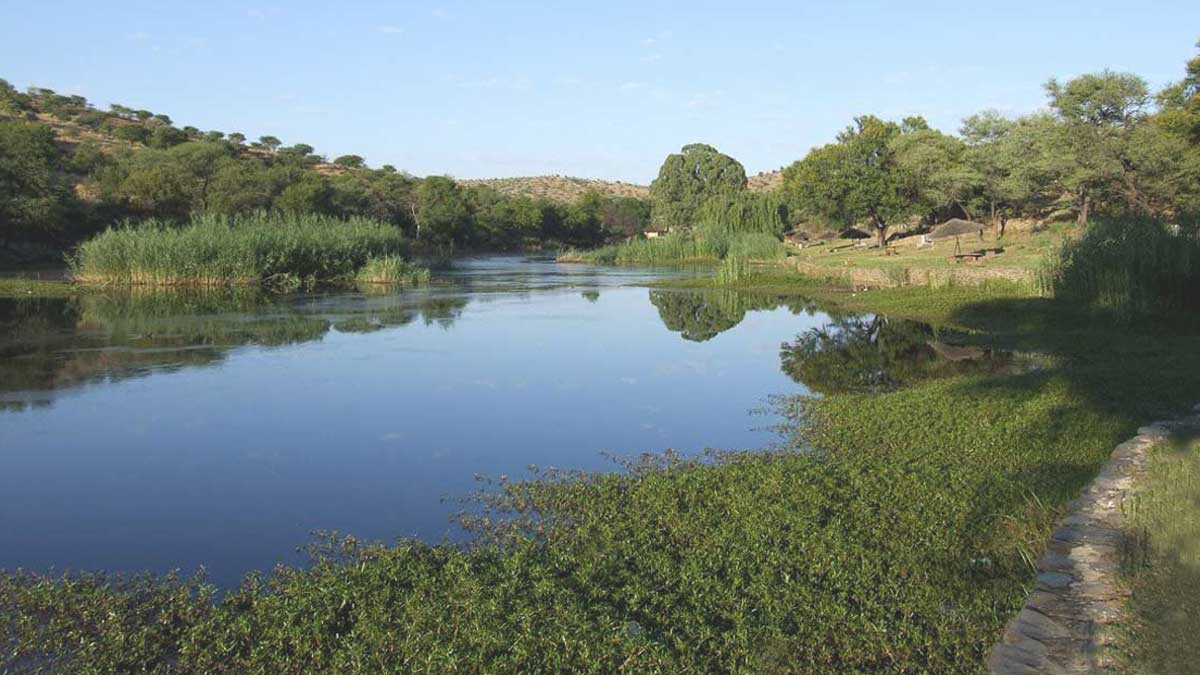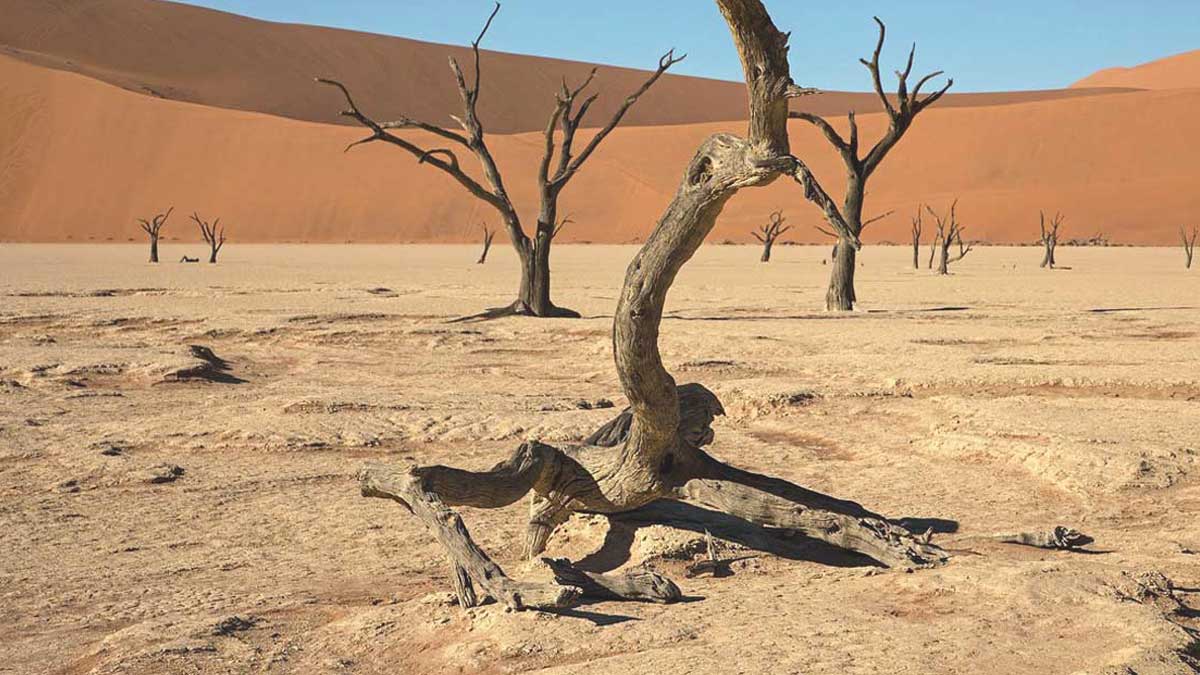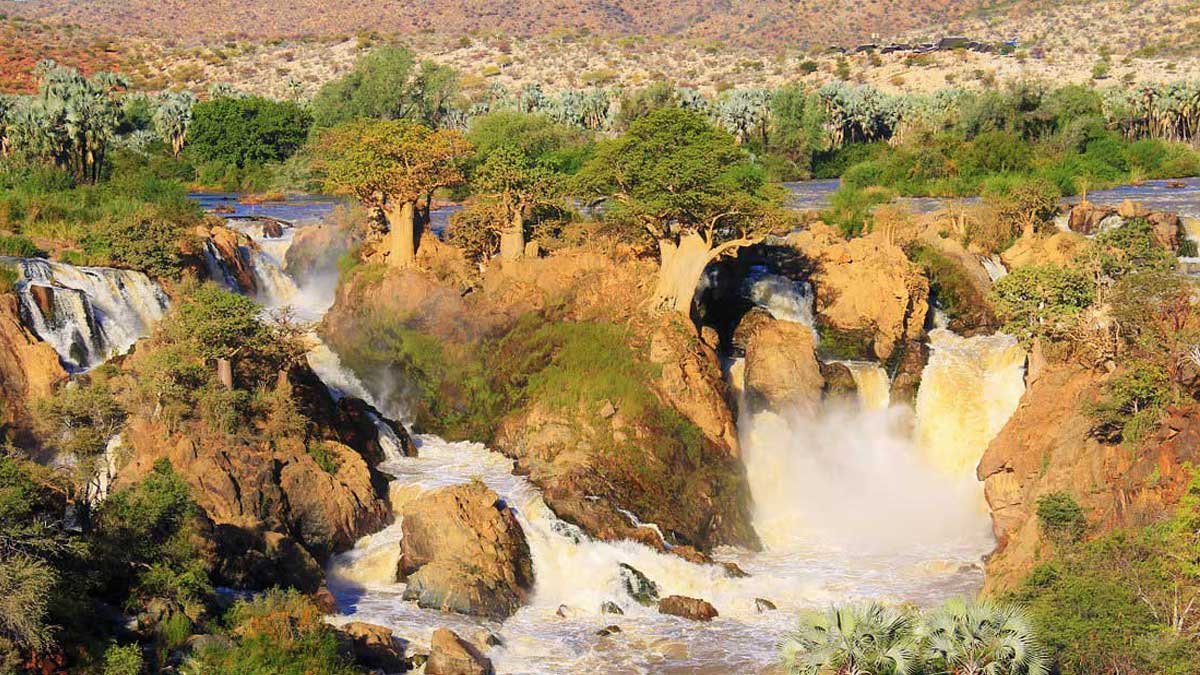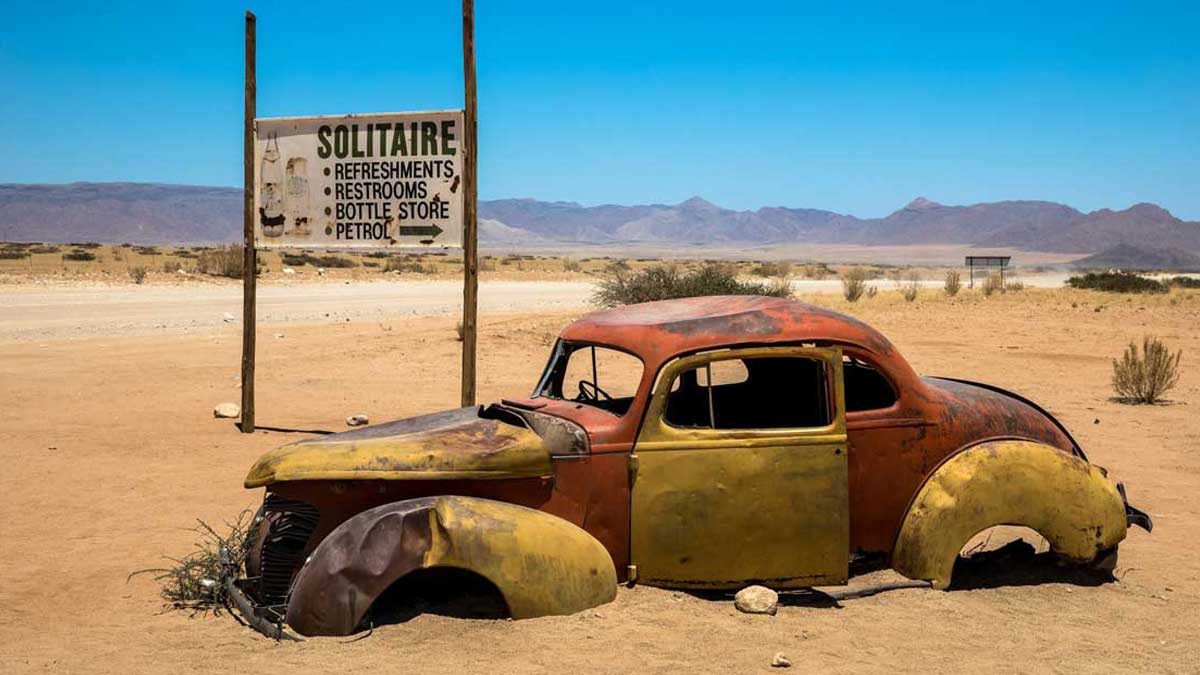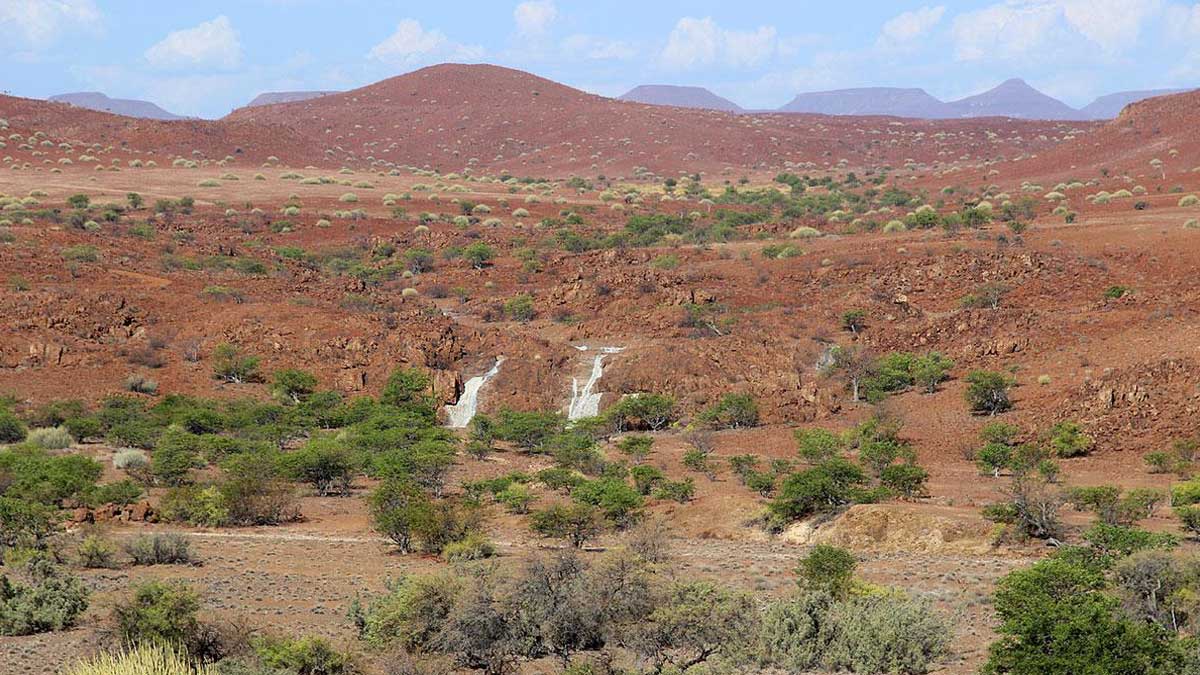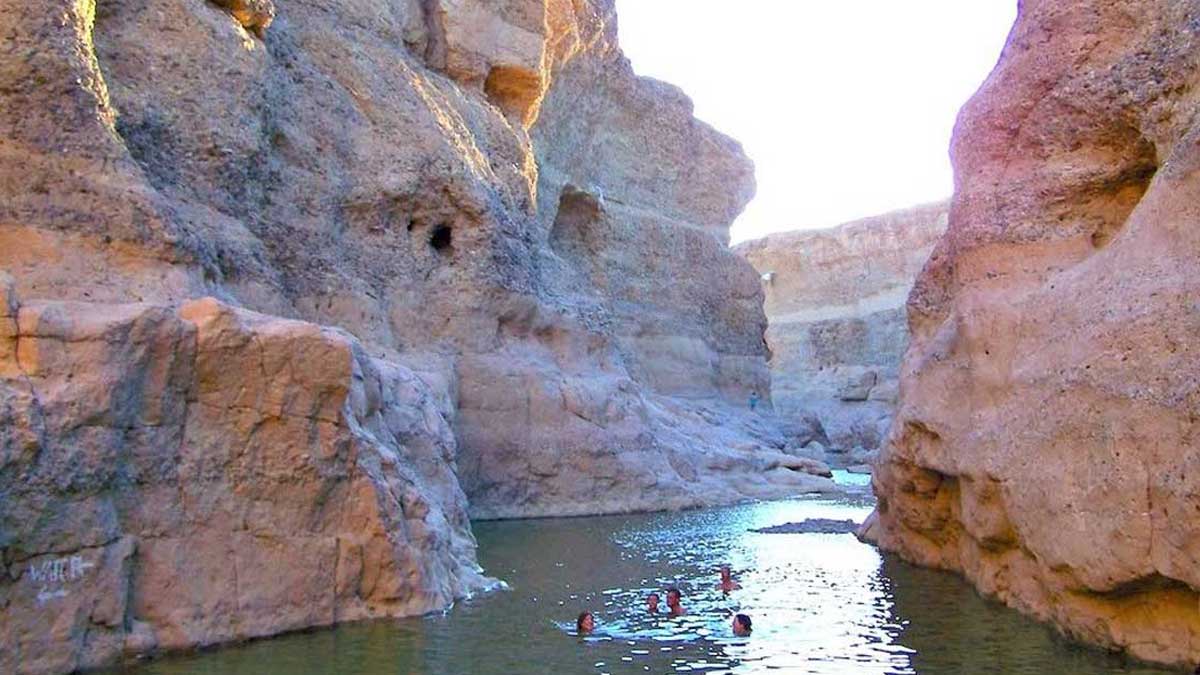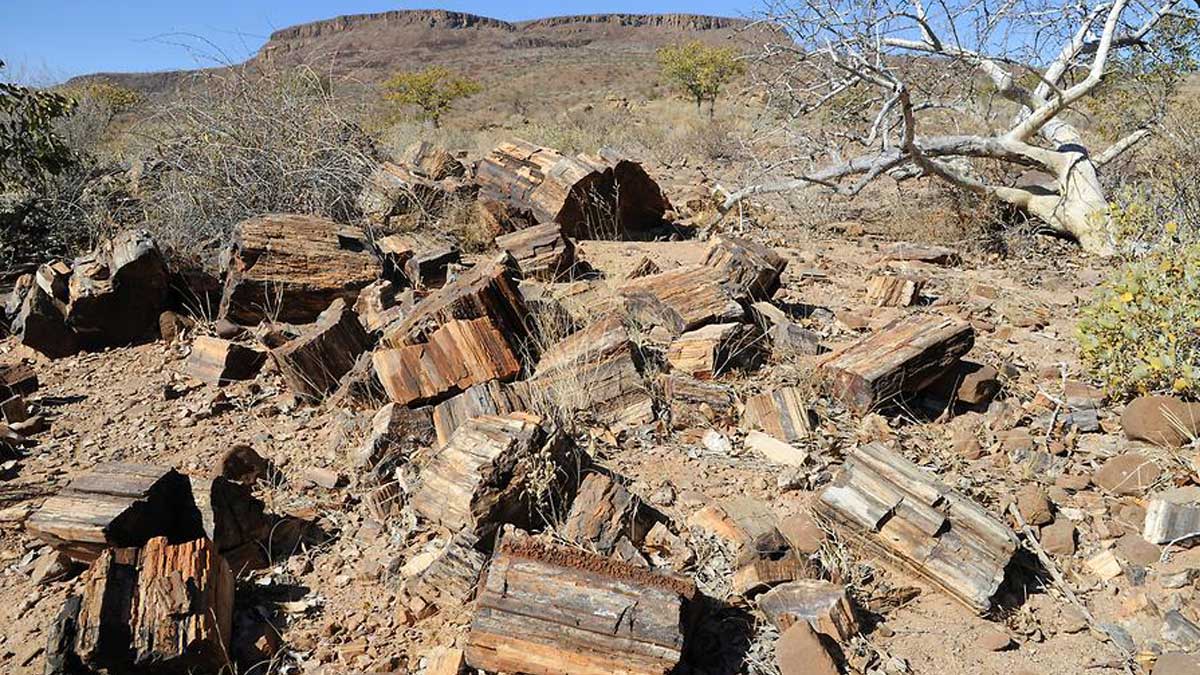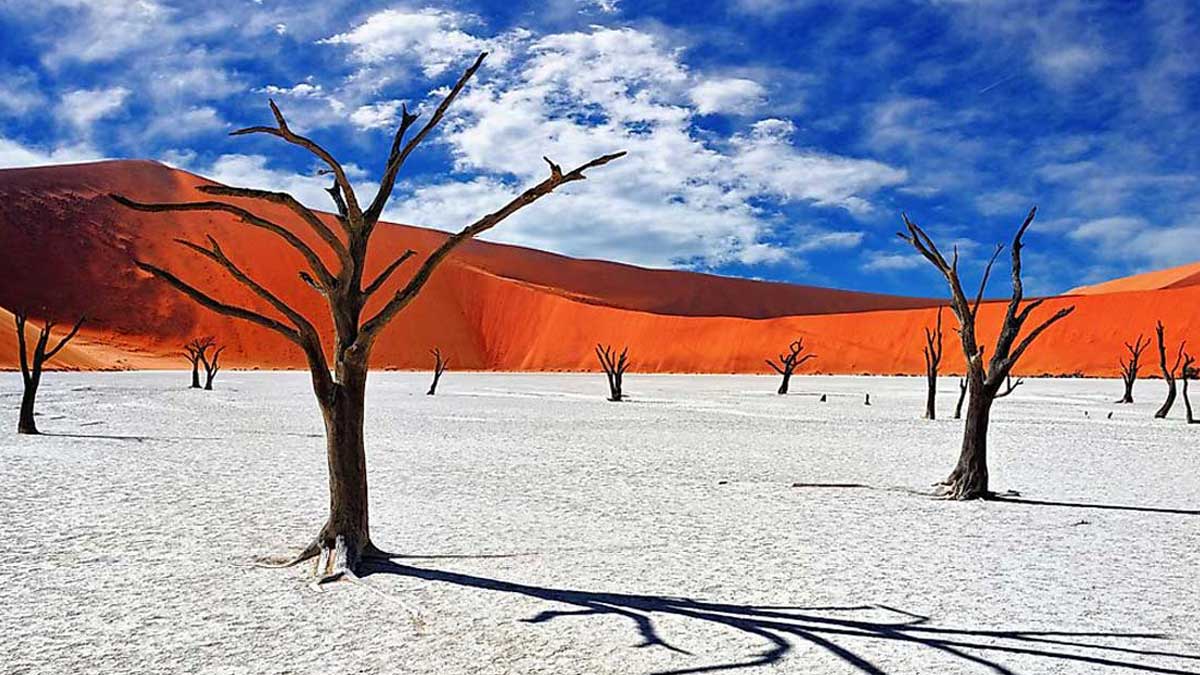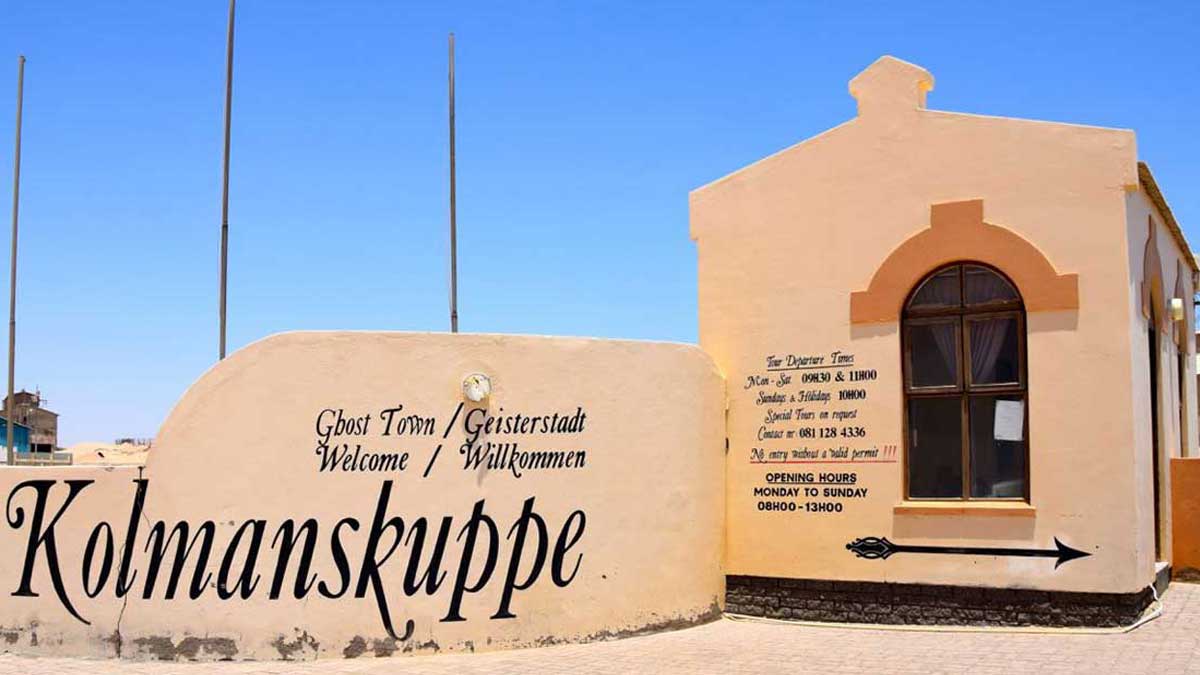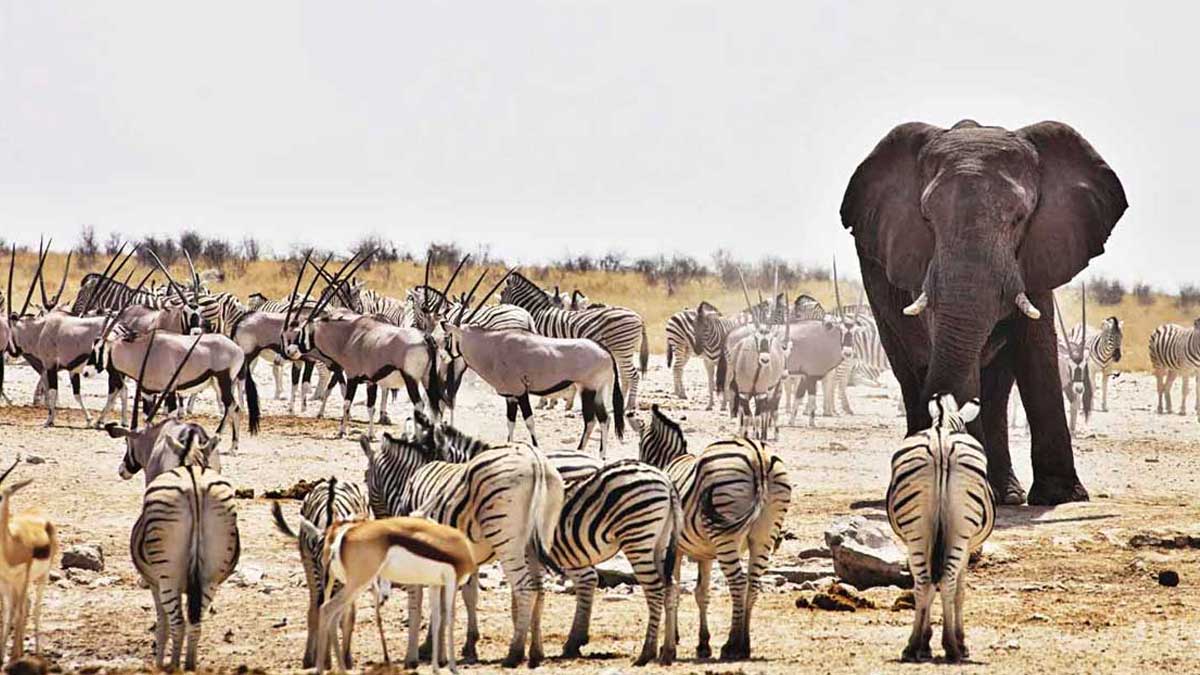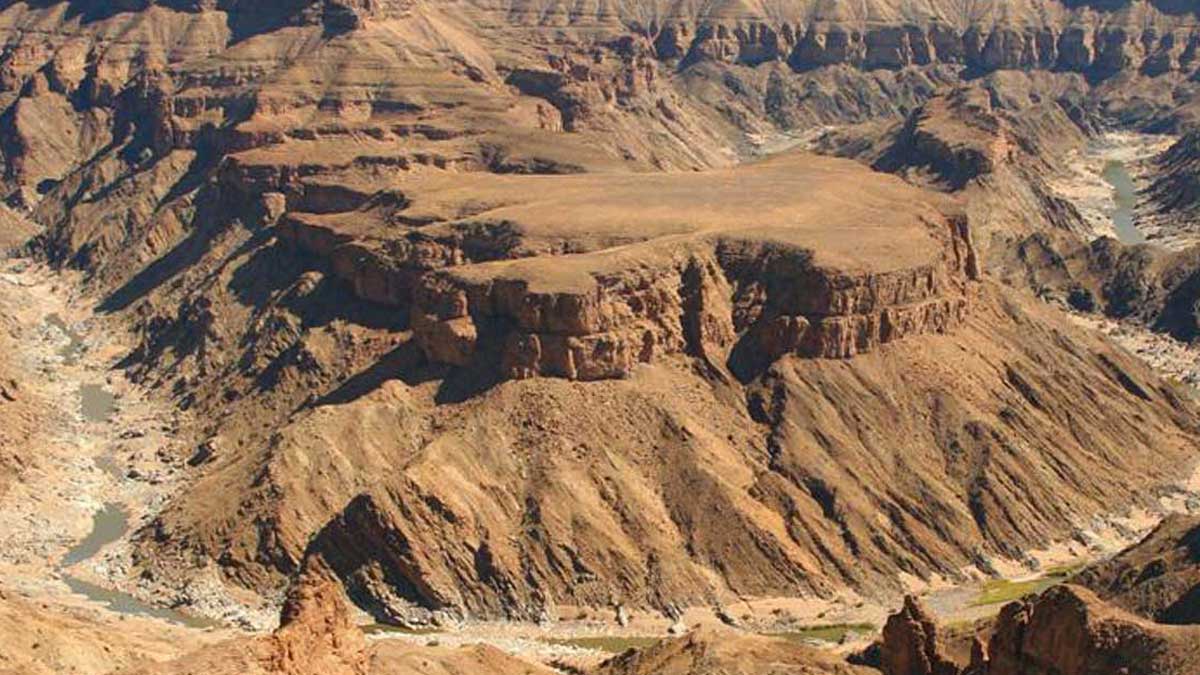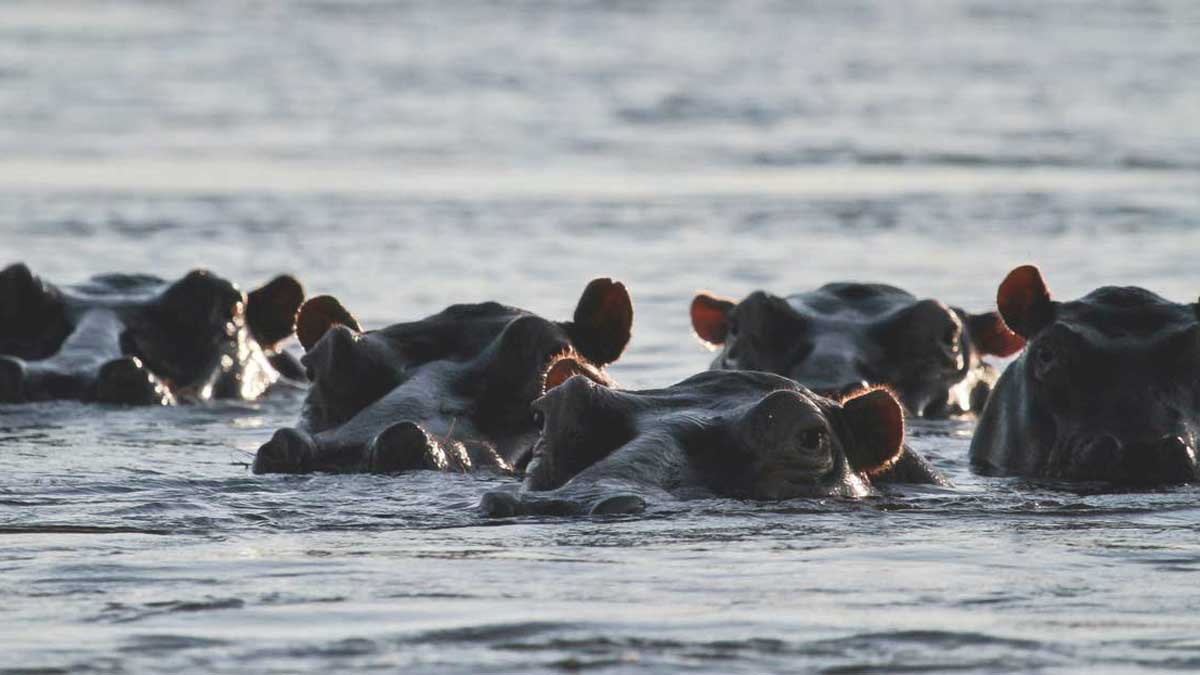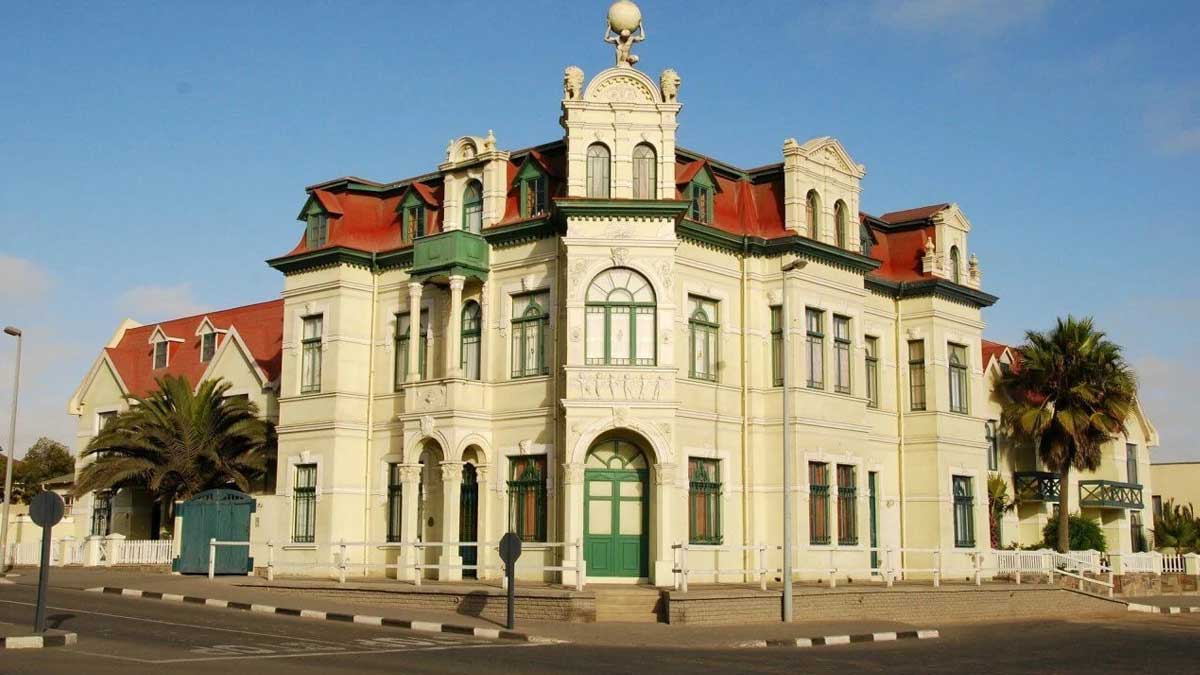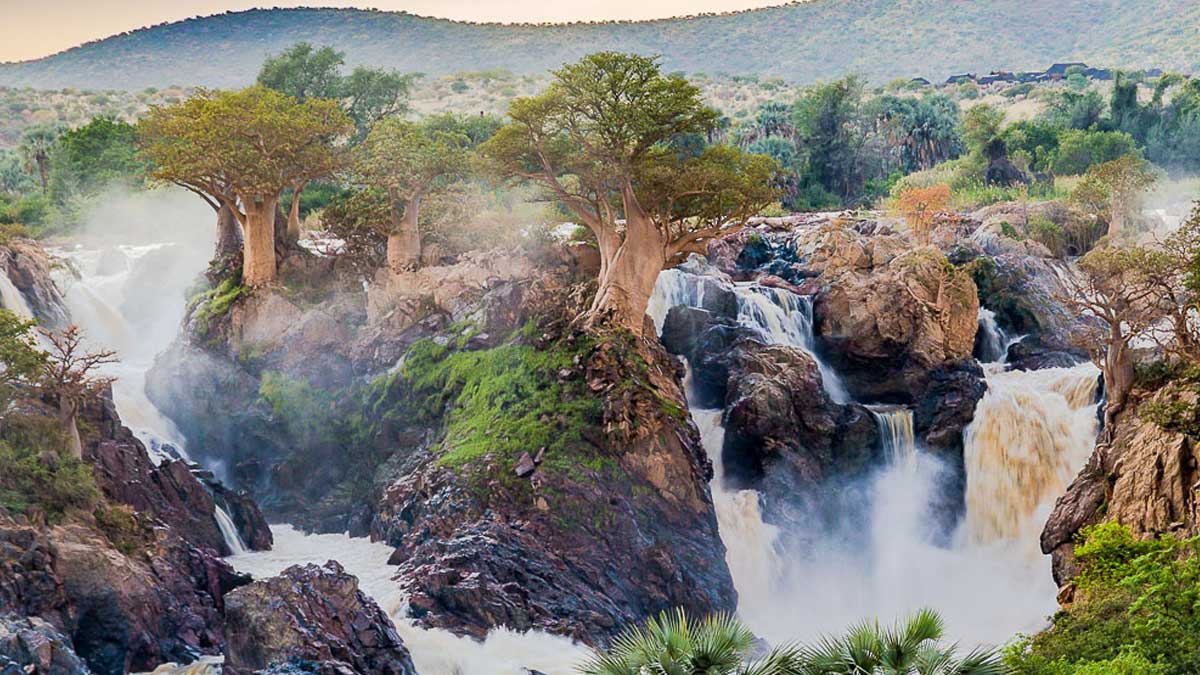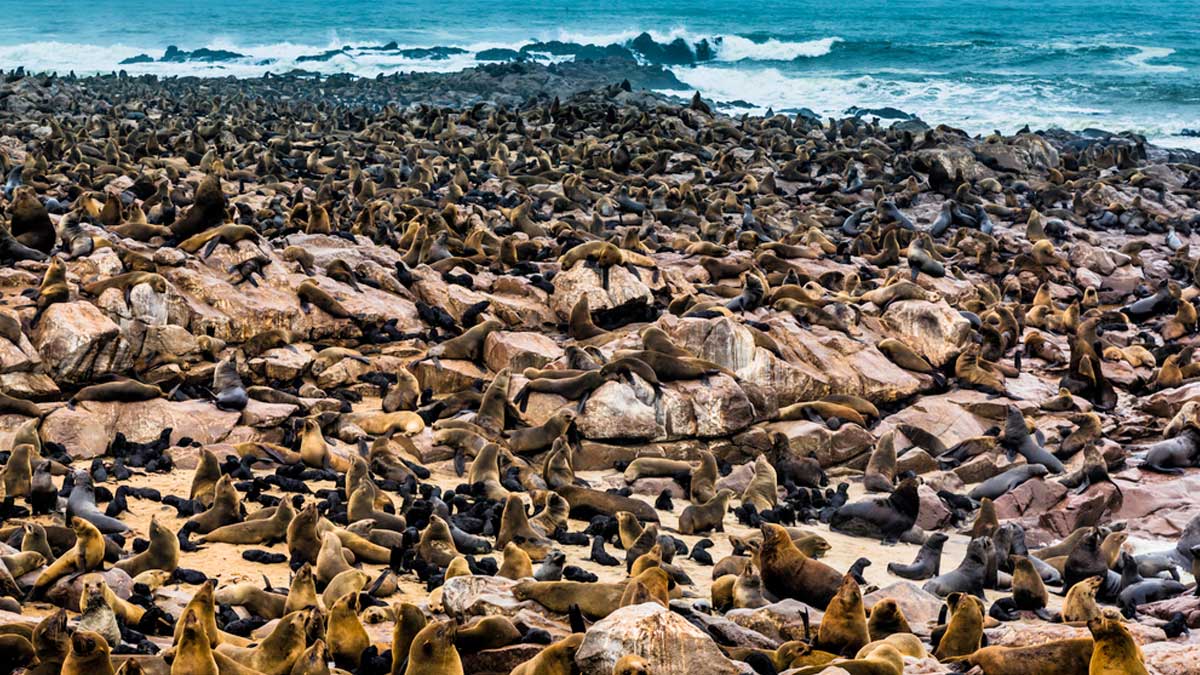Namibia has enacted an innovative approach to rural development, which recognizes and stimulates the interconnected nature between conservation, community development and tourism. It's called the National Community-Based Natural Resource Management Program or CBNRM. The program includes conservancies and community forests and is both a conservation and rural development initiative, improving rural livelihoods while ensuring the sustainable use of natural resources and the protection of the environment.
Conservancies generate significant income for community development through their own initiatives and partnerships with the private sector, including over 40 joint venture tourism lodges. Today, communal conservancies cover over 17 % of Namibia's land area and embrace one in four rural Namibians. The benefits they generate allow conservancies to cover their own running costs, invest in community development projects and provide individual household benefits.
Local communities, through conservancies, are the custodians and active managers of communal natural resources. The program has delivered great conservation results, but it has also provided important employment, significant income and a great range of other benefits to rural people in remote areas who in the past had few livelihood options. Each conservancy employs a number of game guards to monitor resources, mitigate human wildlife conflict and control poaching. Wildlife is monitored using an innovative, home-grown Event Book system, as well as through annual game counts. The annual North West Game Count is the largest road-based game count in the world. Around 300 people take part, covering over 17 million acres and 4,350 miles of road, to simultaneously count game in 30 adjacent conservancies and tourism concessions.
Conservancies are vast, unfenced sanctuaries for free-roaming wildlife in some of the most spectacular landscapes of Namibia. Joint-venture lodges offer stylish accommodation in stunning settings and around 25 community campsites offer excellent camping opportunities. In 2010, Namibia's Communal Conservancy Tourism sector was selected as a finalist in the Tourism For Tomorrow Awards, organized by the World Travel and Tourism Council.

